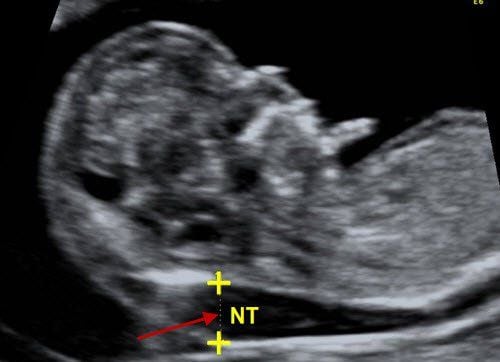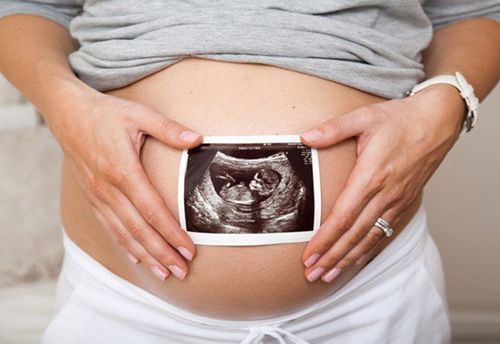This is an automatically translated article.
Test amniocentesis to help diagnose fetal malformations is performed during pregnancy. Under the guidance of ultrasound, a very fine needle will be passed through the abdominal wall into the uterus to draw a volume of amniotic fluid about 15-30ml, the amount of amniotic fluid will be sent for genetic testing. Is amniocentesis dangerous?
Video content consulted by Specialist Doctor I Truong Thi Phuong - Diagnostic Imaging Department - Vinmec Ha Long International Hospital
Not all pregnant women need amniocentesis. Amniocentesis, as well as chorionic villus sampling and fetal umbilical cord blood collection, are only performed in certain high-risk women with certain genetic disorders.
With the question "is amniocentesis dangerous?", specialists explain that, like other invasive tests, amniocentesis also has certain risks such as: Amniotic fluid leakage, stillbirth Amniotic fluid, infection, fetal harm, and preterm birth may also occur, but are rare. In fact, amniocentesis carries an extremely small risk of miscarriage (less than 1%, or about 1 in 200 to 1 in 400). If the mother has one of the risk factors such as: Uterine fibroids, malformation of the uterus, a condition where the amniotic membrane has not merged with the chorion or subchorionic hematoma, is having vaginitis, is obese, If you have had more than 3 miscarriages, the risk of miscarriage with amniocentesis will increase.
Before deciding for a pregnant woman to have amniocentesis, the doctor will ask carefully about the family history and ask about the mother's pregnancy problems. This information will help your doctor understand your risk of a particular chromosomal or genetic disease. From there, your doctor can decide whether you should have an amniocentesis for screening, chorionic villus sampling, amniocentesis, or even if you want to skip the screening altogether. Women before performing amniocentesis can still eat and drink normally, should urinate cleanly before amniocentesis.
After amniocentesis, pregnant women will be monitored at bed for 30-60 minutes, when stable, pregnant women can be discharged and monitored outpatient for 12-24 hours. vigorous exercise, then you can resume normal activities. If there are abnormal symptoms such as vaginal bleeding, abdominal pain, fever, etc., you must return to the hospital immediately for timely treatment.
Please dial HOTLINE for more information or register for an appointment HERE. Download MyVinmec app to make appointments faster and to manage your bookings easily.













